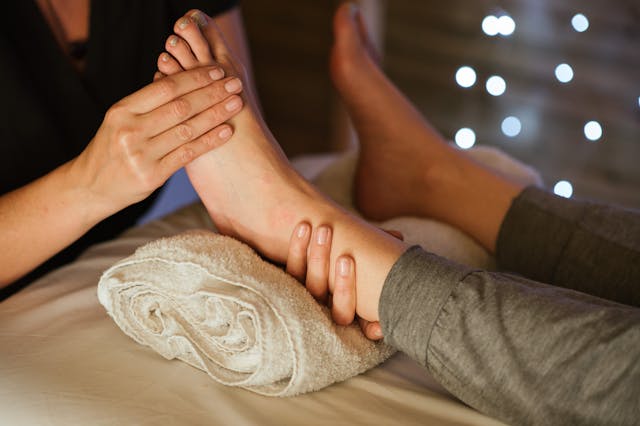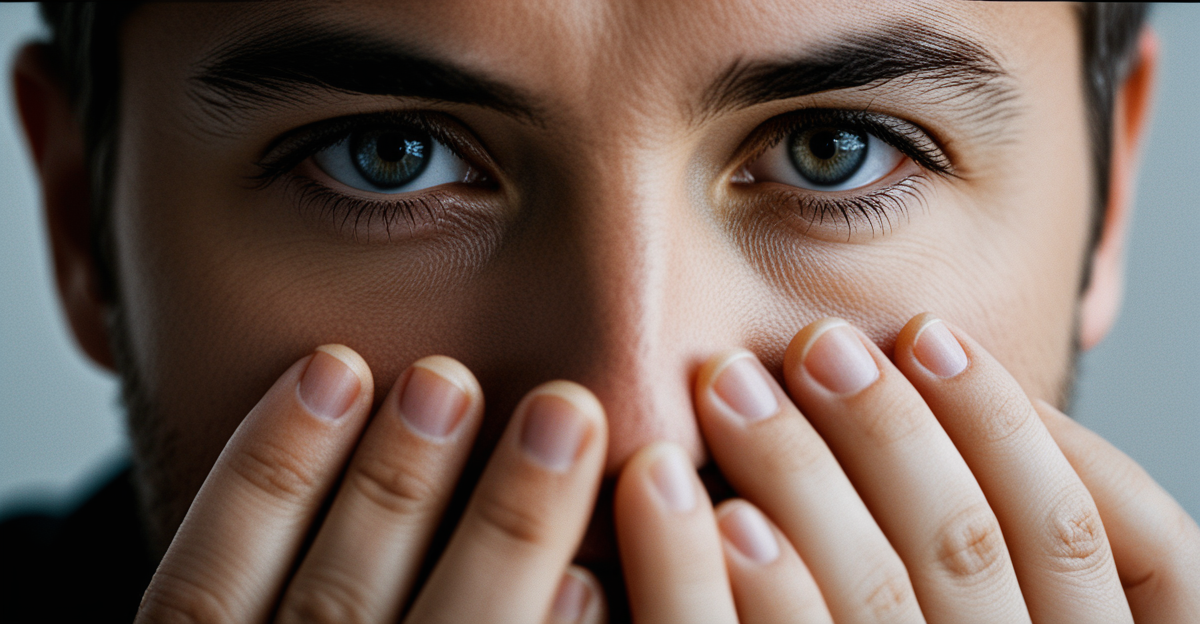Discover
Expert Guidance
Holistic Approach
Wellness for All Ages


Expert Advice
Empower yourself
Discover the latest research and practical tips to support your mental resilience and promote holistic wellness. Our retreats offer a unique opportunity to learn from experienced professionals and connect with a like-minded community.
Explore Our Comprehensive Health Insights
Unleash the Power of a Healthier Lifestyle
Empower yourself with knowledge and tips on disease management, preparing for a healthy pregnancy, and taking care of senior loved ones.
Expert Advice for Optimal Wellness
At mental health sage, we provide you with the latest research and expert advice to help you take control of your health.
Unlock Your True Potential
Expert Guidance
Receive personalized advice and support from our team of experienced professionals who are dedicated to helping you achieve optimal health and wellness.
Empowering Resources
Gain access to cutting-edge research, educational materials, and practical tools to help you navigate your health journey with confidence.
Discover Our Retreats
Specializing in mental and physical rejuvenation, giving you the tools to kick start your health journey.

Mental Resilience
Join our retreat and learn techniques to build mental resilience and improve your overall well-being.

Physical Revitalization
Experience our retreat’s activities and services to help revitalize your physical health.

Holistic Wellness
Reconnect with nature and yourself in a supportive and healing environment at our retreat.
Join Us on the Journey to Better Health!
Join Our Community
Number of Members
250K
Retreats Organized
500
Happy Participants
95%
Peruse Through Our Portfolio
Read stories and see the successful outcomes of our retreat guests.
From Struggle to Success
Guest Stories
Our guests come from all walks of life, seeking support and guidance in various health issues. Join our community, learn from our guests’ experiences and find inspiration through their resilience and determination.
Better Health, Better Life
Project Outcomes
Our retreats are designed with the well-being of our guests at the forefront. Browse through our project outcomes and see for yourself the benefits of our retreats.
Transform Into Your Best Self
Guest Achievements
At mental health sage, we believe in the power of holistic wellness to transform lives. We are proud to showcase the achievements of our guests through our retreats and invite you to join us on a journey of self-discovery and growth.
Blog & News

Experience the secrets to a long life with premium supplements
Unlock the potential of premium supplements to support a[…]

Transform your life: discover eating disorder counsellors in london
Struggling with an eating disorder in London? Finding specialised[…]

Practical ways to master anxiety management today
Anxiety affects millions, yet managing it effectively often feels[…]
Revitalizing Minds: Leveraging Music Therapy to Enhance Cognitive Health in Seniors Facing Health Challenges
Overview of Music Therapy and Cognitive Health Music therapy,[…]
Transforming emergency response: uk paramedics pioneering pre-hospital care for heart attack victims
Overview of Pre-Hospital Care for Heart Attack Victims Pre-hospital[…]
Exploring Overseas Travel During Late Pregnancy: A Comprehensive Guide to UK Rules
Overview of UK Rules for Traveling in Late Pregnancy[…]
Spotting dehydration in elderly adults: key symptoms you shouldn”t overlook
Understanding Dehydration in Elderly Adults Dehydration poses a significant[…]
Boosting Self-Assurance: How Group Therapy Can Conquer Social Anxiety
Understanding Social Anxiety Social anxiety is more than just[…]
Essential techniques for tinnitus relief: mastering effective management strategies
Overview of Tinnitus Tinnitus is often described as a[…]
Revolutionizing independence: cutting-edge gadgets for seniors with reduced hand strength
Overview of Independence Challenges for Seniors Independence for seniors[…]
Boost Your Brainpower: Essential Insights on How CPAP Therapy Transforms Cognitive Function in Sleep Apnea Patients
Overview of Sleep Apnea Sleep apnea is a common[…]
Boosting Muscle Power: High-Protein Diets Fight Sarcopenia in Older Adults
Understanding Sarcopenia and Muscle Power Sarcopenia is a progressive[…]
Unlocking Microbiome Secrets: Tailored Crohn’s Disease Treatments Revolutionizing UK Gastroenterology
Advances in Microbiome Research and Crohn’s Disease The microbiome[…]
Decoding UK Health Guidelines: Custom Prenatal Care for Expectant Mothers Aged 40+
Overview of Prenatal Care for Expectant Mothers Aged 40+[…]
Unlocking the Secrets to Long-Term Smoking Cessation: The Powerful Role of Peer Support in Adults
Understanding Smoking Cessation Smoking cessation is a critical step[…]
Revitalize Senior Well-Being: Unlock the Advantages of Regular Chiropractic Care
Overview of Chiropractic Care Chiropractic care forms a cornerstone[…]
Unlocking the Mental Perks of Bilingualism: Boosting Aging Adults’ Resilience Through Multilingualism
Understanding Bilingualism and Its Cognitive Benefits Bilingualism refers to[…]
Green hygiene: effective strategies to reduce plastic use in your daily routine
Understanding Green Hygiene In recent years, green hygiene has[…]
Transforming lives: how uk occupational therapists empower chronic fatigue syndrome patients
Understanding Chronic Fatigue Syndrome (CFS) Chronic Fatigue Syndrome (CFS)[…]
What Are the Current Trends in Health Innovations in the UK?
Latest Technological Advances in UK Health Innovation The UK[…]
Can Daily Oatmeal Consumption Reduce Cholesterol in Adults Over 40 in the UK?
Health Benefits of Oatmeal Consumption Delving into the nutritional[…]



